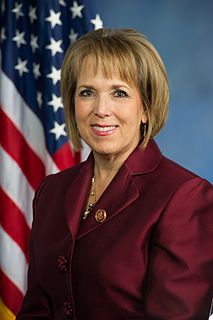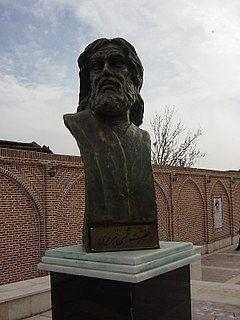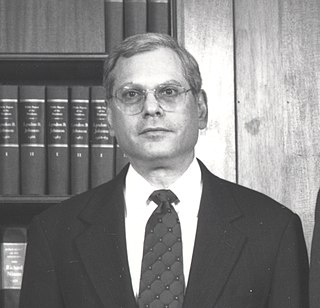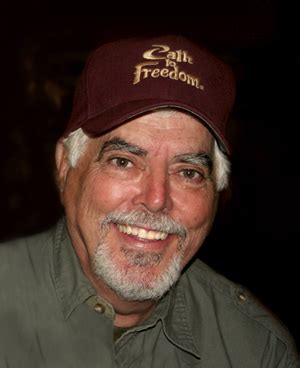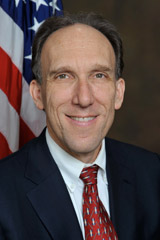A Quote by Paul Saffo
This new economy that's just emerged has a new central economic actor. It's not the worker, the person who produces, nor the person who consumes, the purchaser. It's a new actor that does both things at the same time, call them a creator. They both create and consume in the same single act, and we're just beginning to see the shape of this new economy and it changes not just the economy itself, it's going to change the whole nature of the work relationship.
Related Quotes
Today it's fashionable to talk about the New Economy, or the Information Economy, or the Knowledge Economy. But when I think about the imperatives of this market, I view today's economy as the Value Economy. Adding value has become more than just a sound business principle; it is both the common denominator and the competitive edge.
There are broader and narrower definitions of the new economy. The narrow version defines the new economy in terms of two principal developments: first, an increase in the economy's maximum sustainable growth rate and, second, the spread and increasing importance of information and communications technology.
Well, we don't think for a moment that either the U.S. or Australia are out to damage the New Zealand economy, but if there were a sustained period in which they had a free-trade agreement and New Zealand didn't have that same arrangement with the States, that could be both trade- and investment-distorting.
There are fundamental tensions between the biological reality of the planet and the economic reality. To some extent you can adapt the economy, create a new set of rules and incentives to send it down a better track, but finally people in the first world are going to have to consume a whole lot less.
As a matter of fact, capitalist economy is not and cannot be stationary. Nor is it merely expanding in a steady manner. It is incessantly being revolutionized from within by new enterprise, i.e., by the intrusion of new commodities or new methods of production or new commercial opportunities into the industrial structure as it exists at any moment.




